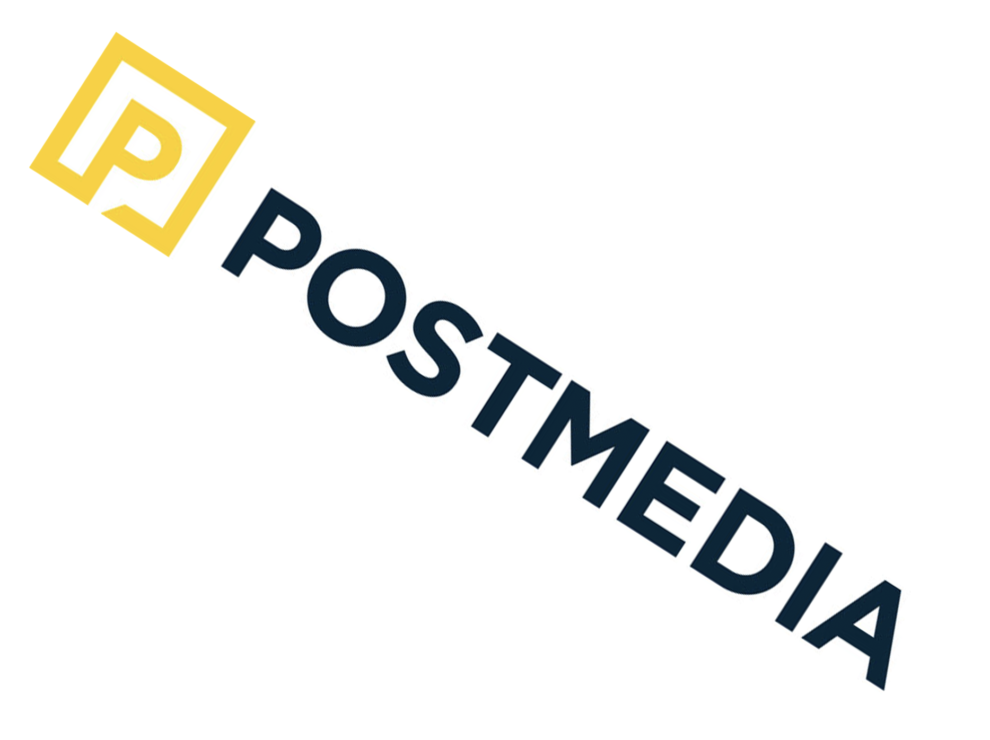Recent Vancouver Sun article highlights Postmedia’s conservative influence on Canada’s largest newspapers

Earlier this month, the Vancouver Sun published a column with the headline, “Canada should say goodbye to diversity, tolerance, and inclusion.” In the piece — which was apparently not viewed by Editor-in-Chief Harold Munro (, though he was in the building), before it was approved to run — Hecht cited the Gatestone Institute, a conservative think tank known for spreading fake news and anti-Muslim views.
The op-ed, written by Mount Royal University instructor Mark Hecht, was quickly condemned by both readers and journalists who worked at the Sun and Vancouver Province — the second largest Postmedia-owned newspaper in Canada’s third largest city.
While it was taken down within a day following an outcry of criticism, it was too late for the Sun to remove the piece from its Saturday print edition and thus delivered the controversial article to thousands of Vancouverites in the Lower Mainland.
This op-ed was shocking, but perhaps it shouldn’t have been. Social media has become radically partisan and polarizing, and certain traditional media outlets appear to be jumping on the bandwagon.
In 2015, Postmedia, the corporation owns the National Post, made an unprecedented acquisition of Canada’s largest media outlets — paying $316 million to purchase Sun Media’s English-run news properties, and acquiring 175 newspapers from Quebecor Inc.
The deal gave Postmedia control of both major daily newspapers in three Canadian cities: Calgary (Herald and Sun), Edmonton (Sun and Journal), and Vancouver (Sun and Province). This move put the readership of those six papers under the influence of Postmedia’s management, which is shamelessly (and shamefully) conservative.
In the past, newspapers owned by Postmedia have been ordered to endorse the Conservative Party of Canada (CPC); editors have been warned that their content is “anti-conservative.” This, for Postmedia, is normal behaviour.
But in October 2018, National Post editors were told that the paper — founded 21 years ago as a conservative voice in Canadian media — was not reliably conservative. Columnists would have to toe the party line.
This is not journalism. This is political advocacy.
Many publications have a subtle political lean –– the CBC and the Tyee are generally considered left-leaning news outlets –– but Postmedia’s blatant rejection of objectivity is dangerous. Now more than ever, society needs unbiased journalism.
42 per cent of Canadians get their news from social media, where discerning between legitimate sources, bias, and lies can be extremely difficult. People live in their own media bubbles, reading articles and news stories written and shared by people who think like them — which makes people more susceptible to manipulation.
Jeff Ballingall, a former CPC staffer, runs the digital advocacy group Canada Proud. The group is dedicated to defeating current Prime Minister Justin Trudeau in the October election. Their weapons of choice are memes, heavily edited videos, false reports, and social media strategy, and their content receives more than a million shares, likes, and reactions every week.
Similar tactics on social media were used by Russia in the 2016 U.S. presidential campaign to spread misinformation, divide Americans racially and ideologically, and encourage certain groups to vote (or not), and it worked. Balanced, well researched articles don’t go viral –– titillating clickbait does.
All of this means that people need to be critical of where they get their news, and journalists need to be credible sources. If a giant like Postmedia turns away from objective reporting, then that is a major casualty for journalism.







